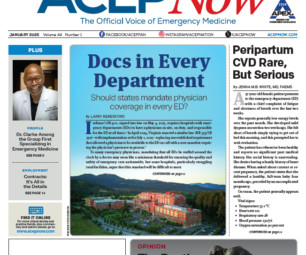SGEM Xtra: Are tPA Stroke Trials Really Fragile?
The Skeptics' Guide to EM
AUGUST 20, 2022
Fragility Index Meta-Analysis of Randomized Controlled Trials Shows Highly Robust Evidential Strength for Benefit of The post SGEM Xtra: Are tPA Stroke Trials Really Fragile? I knew about Jeff from his multiple publications in the stroke literature. first appeared on The Skeptics Guide to Emergency Medicine. This is an SGEM Xtra.














Let's personalize your content